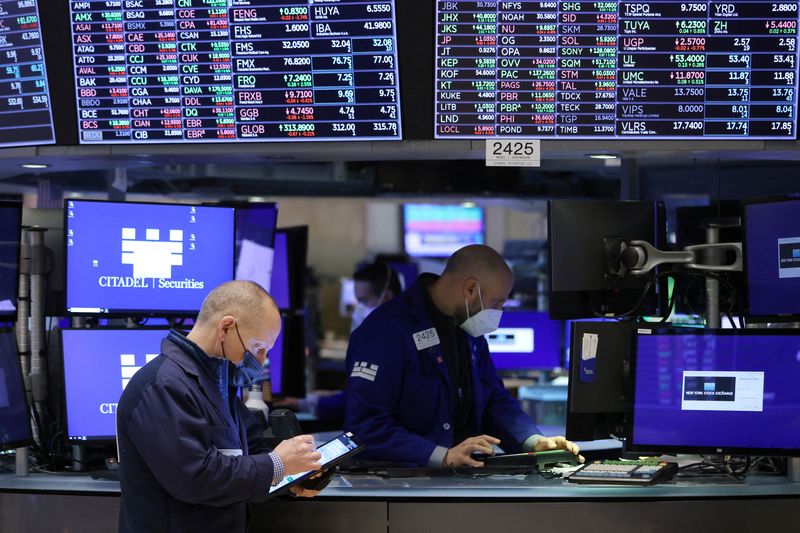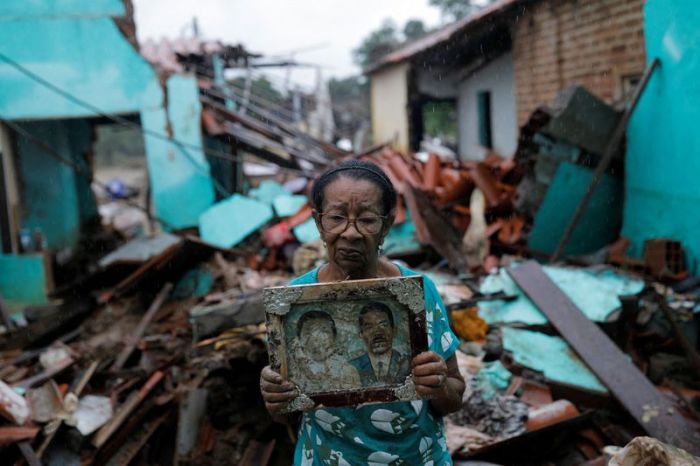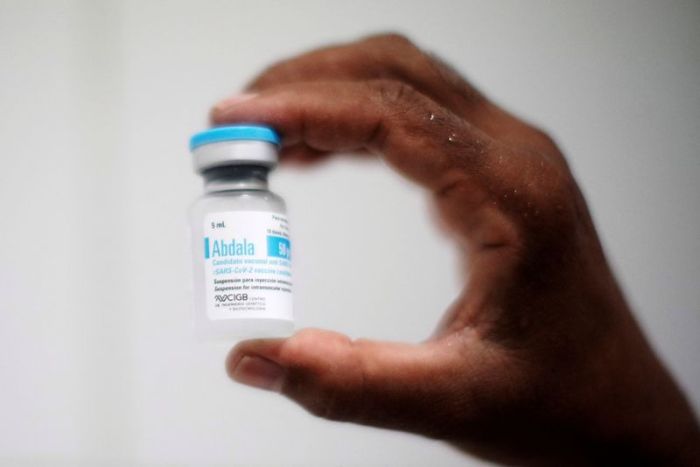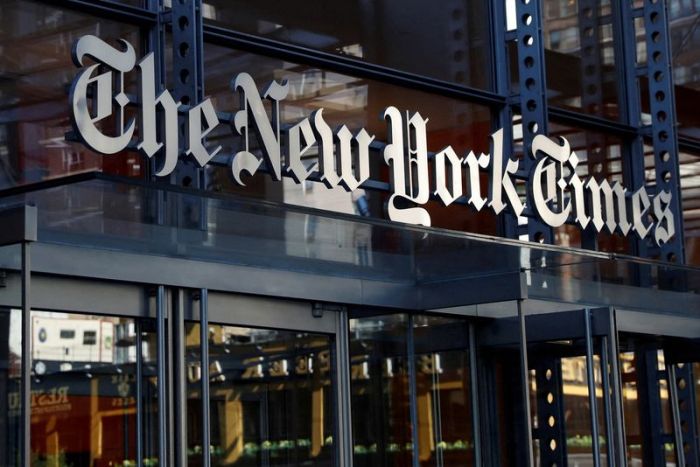WASHINGTON (Reuters) – Major global stock indexes closed mixed on Wednesday as uncertainty over the surge in Omicron variant infections tempered optimism that harsh new curbs on business and travel may not be needed.
After a weak session in Asian shares, European stock markets traded mixed.
The Dow Jones industrial average and S&P 500 index closed at all-time highs on strong U.S. retail sales. The Dow has risen six straight trading days, in the longest winning streak since a seven-session run from March 5-15 this year.
However, the Nasdaq Composite edged lower.
Some early studies showing a reduced risk of hospitalization in Omicron cases have eased concerns over the travel disruptions and powered the S&P 500 to record highs this week.
“The market started to recognize that the Omicron variant was in a strange way good news,” said Jay Hatfield, founder and chief executive of Infrastructure Capital Management in New York.
“It will burn itself out more rapidly because it’s easily transmissible, but it’s less likely to overwhelm overwhelmed the hospitals, even though arguably Omicron is going to be a headwind for at least the next month.”
While much of the economic optimism has centered on the United States, the main European stock index is up more than 16% so far this year, showing faith in a recovery from the depths of the COVID-19 crisis.
The MSCI world equity index, which tracks shares in 50 countries, rose 0.04% as it hovered close to a five-week high hit in the previous session.
Stocks position for a strong 2022
To view the graphic, click here: https://fingfx.thomsonreuters.com/gfx/mkt/egpbkjnlevq/world%20stock%20index.png
((For Reuters Live Markets blog on European and UK stock markets, please click on: [LIVE/]))
Typically, the year’s final five trading days and the first two of the new year are strong for U.S. stocks. But low holiday season trading volume exaggerated price moves.
The Dow rose 0.25 while the S&P 500 gained 0.14%. The Nasdaq Composite dropped 0.15%.
Brent crude Wednesday delivery was last up 0.39% at $79.33 a barrel. U.S. crude rose 0.86% to $76.63 per barrel.
U.S. crude stocks, gasoline and distillate inventories fell last week, while U.S. oil production rose to the highest since May 2020, Energy Information Administration data showed on Wednesday.
European government bond yields remained near one-month highs, with Germany’s 10-year borrowing costs holding at -0.235% and short-dated U.S. Treasury yields near their highest since March 2020, suggesting that inflation expectations remain elevated.
Long-dated U.S. Treasury yields rose on Wednesday before a $56 billion seven-year note auction.
“I think you have a little bit of illiquidity, and yields moving higher as you do have supply,” said Zachary Griffiths, a macro strategist at Wells Fargo in Charlotte, North Carolina.
MSCI’s broadest index of Asia-Pacific shares outside Japan lost 0.33%, after six sessions of gains, following volatile U.S. trade.
There were losses in Hong Kong, down 0.99% and hurt by declines in mainland tech stocks, while Chinese blue chips shed 1.4%.
In China, the city of Xian entered its seventh day of lockdown on Wednesday after it reported 151 domestically transmitted COVID-19 infections with confirmed symptoms the prior day.
“Uncertainty over lockdowns and policy concerns mean there can still be downside for the broader China markets,” said Selina Sia, head of Greater China equity research at Credit Suisse Private Banking.
“But on the other hand, we have seen that policy measures look to be shifting from tightening to easing.”
Greater caution in equities helped the dollar firm slightly. The dollar index, which measures the greenback against six peers, fell 0.3%.[FRX/]
Spot gold prices rests at $1,803.64 an ounce.[GOL/]
(Reporting by Katanga Johnson in Washington and Abhinav Ramnarayan in London; Additional reporting by Scott Murdoch; Editing by Alex Richardson, Nick Macfie, Barbara Lewis and Richard Chang)



















